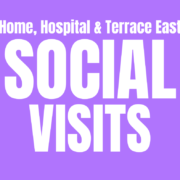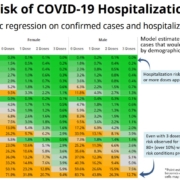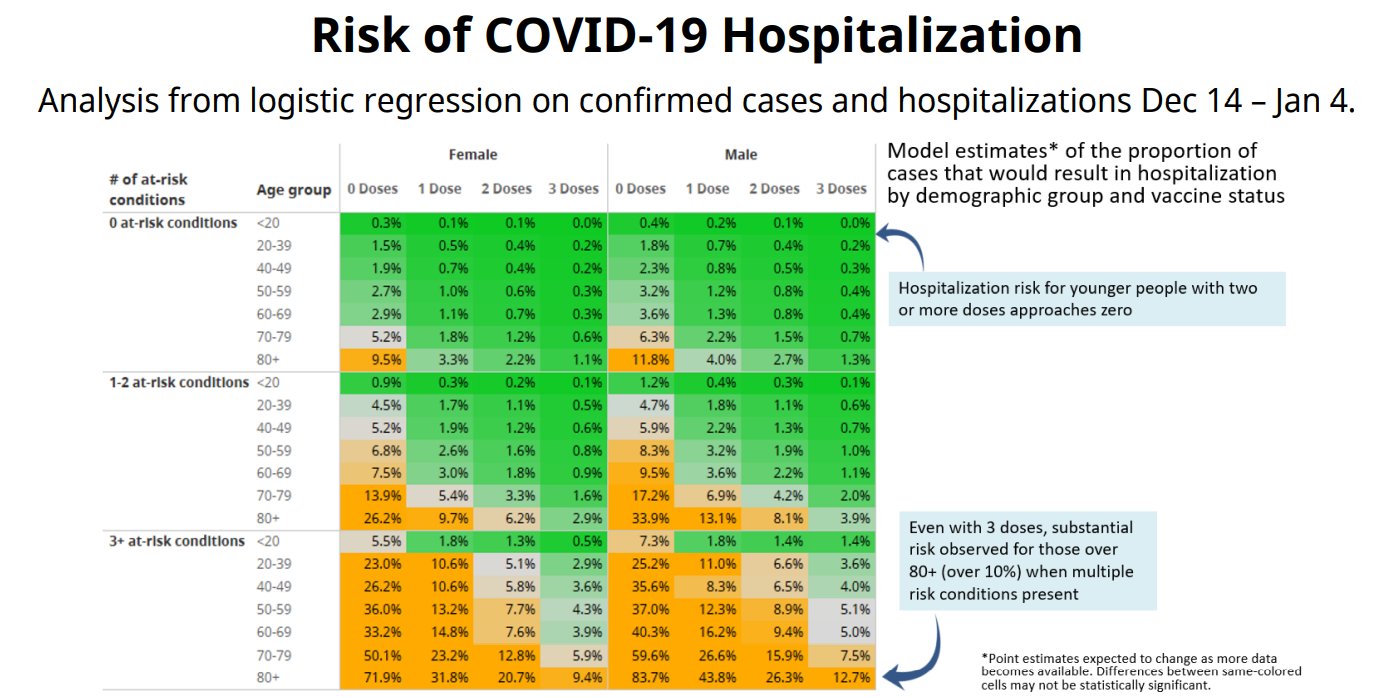Proof of Vaccination Still Required for Visiting
 As you may have heard, it was announced yesterday that as of Friday April 8th, the BC vaccine passport will no longer be required. Meaning that as of Friday anyone will be permitted to go to restaurants, movie theatres, indoor concert and sports venues, and anywhere else that the provincial vaccine card was previously required.
As you may have heard, it was announced yesterday that as of Friday April 8th, the BC vaccine passport will no longer be required. Meaning that as of Friday anyone will be permitted to go to restaurants, movie theatres, indoor concert and sports venues, and anywhere else that the provincial vaccine card was previously required.
It is important to note however, that there have not been any changes announced for the requirements to visit in Long Term Care and Assisted Living.
As such, proof of vaccination will continue to be required in order to gain entry to visit residents and tenants at Menno Place.
If you are planning to visit a resident or tenant, please be prepared to show your proof of vaccination along with verifying identification to the screener upon arrival. If you do not have a vaccine passport, you may show your vaccine card or other documentation as proof.
Please also note that masking and rapid testing protocols remain unchanged at this time.



 Best Website with Crack Program:
Best Website with Crack Program:
